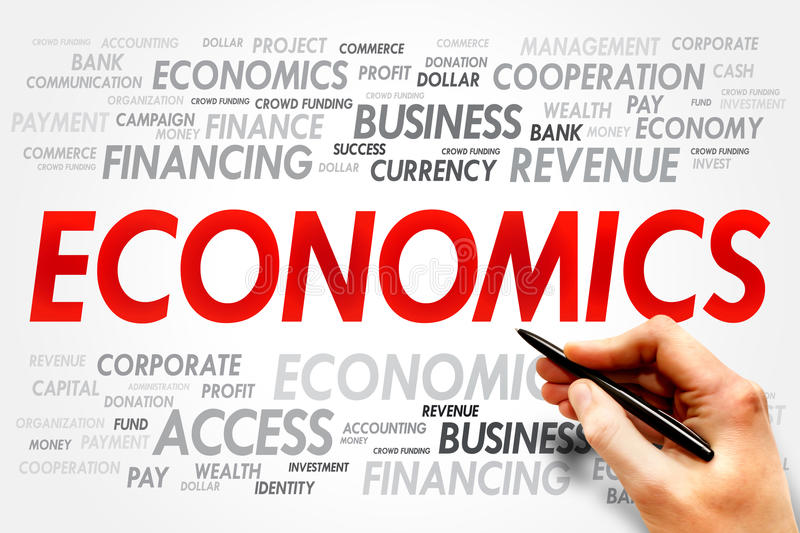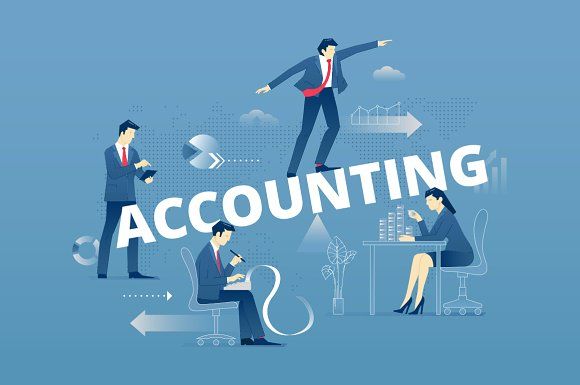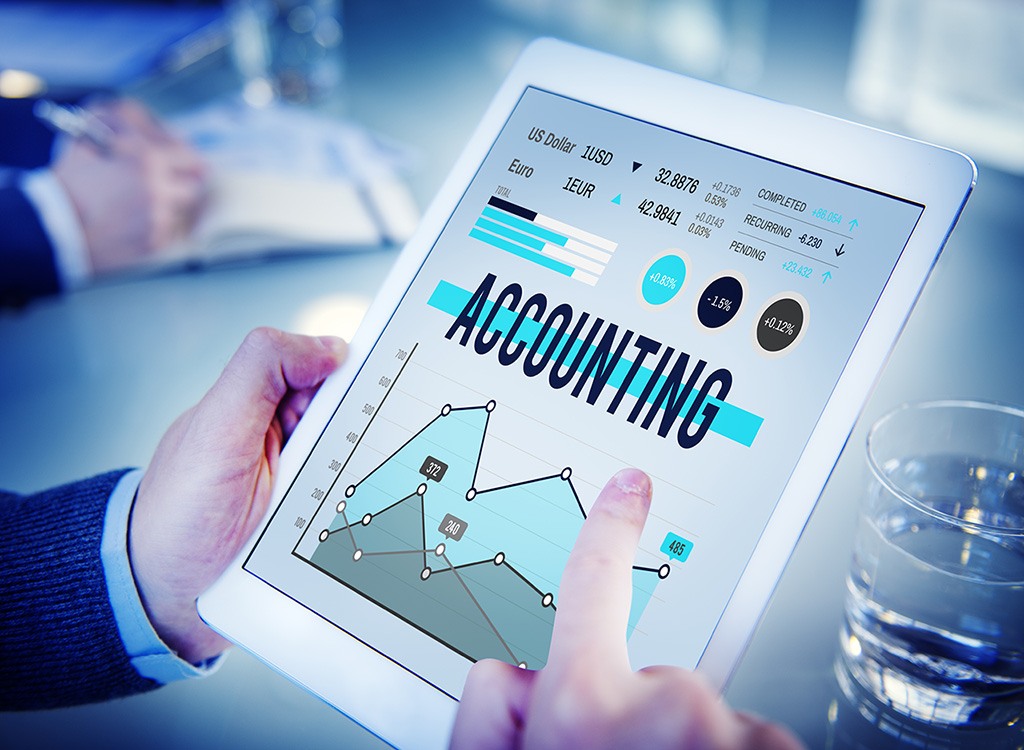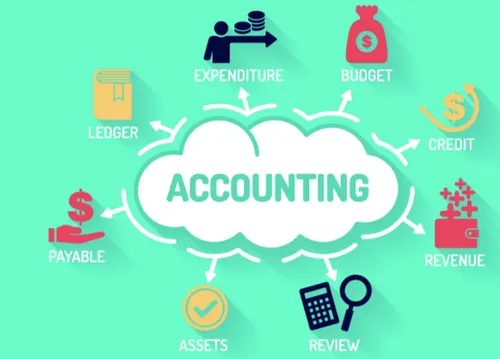In this essay, you are asked to make an argument as to whether the government of your country needs to do anything to try to reduce economic inequality.
Economic inequality exists all over the world. There is academic debate over the impact of economic inequality on society. Amid this debate, it is attuned globally to reduce it in the global platform like the United Nations. In this essay, I will argue that the government of Bangladesh should try to reduce economic inequality for economic growth, social wellbeing, political stability, and fulfilling national and international commitment. With a theoretical focus on the impact of inequality on society, there will be a discussion on the impact of economic inequality in Bangladesh.
Economic inequality as ‘disparity of wealth or income between different groups or within a society’ (Birdsong 2015) has a wider impact on society. There is a range of arguments in favor and against on impacts of economic inequality. It is argued that it has a little negative impact on economic growth (Banerjee & Duflo 2003, p. 296) rather it boosts up economic growth through increases motivation and entrepreneurship (Alacevich & Soci 2018, p.16; Birdsong 2015), through capital accumulation to further investment (Breunig & Rose 2019, p. 4). Low inequality results in low investment and low profit margin (Kaldor 1957, p. 622). On the other, in the long-run economic inequality undermining economic growth (Birdsong 2015; Thorbecke & Charumilind 2002, p. 6; Babu, Bhaskaran & Venkatesh 2016, p. 110) and investment (Alesina & Perotti 1996, p.1225). Moreover, economic inequality has a negative impact on health, education and political stability, microlevel crime (Thorbecke & Charumilind 2002, pp. 6-15), and forming human capital (GED 2015, p. 75).
Bangladesh has considerable economic inequality. Inequality (measured by Gini coefficient) increased from 0.388 in 1992 to 0.482 in 2016, especially at the regional level (Mazid 2019, p. 83). Moreover, according to The Commitment to Reducing Inequality Index 2018, Bangladesh is 148among 157 countries who are taking the positive initiative to reduce inequality (Khan 2019). Therefore, the government should take necessary steps immediately to its own interest. Firstly, economic inequality hampers economic growth and increases poverty in Bangladesh. Bangladesh Household Income Expenditure Survey 2005 and 2010 shows that the region with more inequality had decreased poverty from 30.14 to 29.5 whereas region with less equality decreased poverty 13.63 from 20.42 in the last 5 years (GED 2015, p. 95). To ensure poverty reduction in every region and to remove regional poverty reduction disparity, economic inequality should be addressed. Secondly, inequality is a challenge for wellbeing issues i.e. health, education, coping with disaster etc. In general, people in unequal society suffer from ‘status anxiety’ (Breunig & Rose 2019, p. 5). Particularly, the unequal economic situation leads to low income that limits access to health, education and other necessary services. It is like a vicious cycle. In Bangladesh, people with higher inequality have low access to maternal health and childcare (Hajizadeh, Alam & Nandi 2014, p.5) and more prone to maternal mortality (Chowdhury et al. 2017, p. 4). Bangladesh as one of the natural disaster exposed country. A natural disaster like flood, cycle attacks frequently. These events destroy agricultural products, houses, roads, even lives etc. It is also found that people with more income have a lesser impact on waterlogging and economic damages than that of low-income people. The richest 25% face only 2.0% damage while the poorest 25% of people face 5.4% damages agricultural crops. In terms of the affect of waterlogging, the poorest 25% faces 4.8% damage and the richest 25% faces only 0.9% (GED 2018, pp.205-208). In this regard, government interventions to reduce inequality can improve the situation. Thirdly, Bangladesh achieved a Gross Domestic Product (GDP) rate of 7.9% in 2018 and forecasts 8.1% and 8.0% respectively in 2019 and 2020 (ADB 2019, Rooney 2019). This GDP growth becomes possible due to improvement in health, education, infant mortality and life expectancy. More importantly, political stability in the last 10 years. The present ruling party, Bangladesh Awami League, is in power since 2009 for the consecutive third tenure. A politically stable society through ensuring economic equity is necessary to sustain economic growth and investment. Fourthly and finally, Bangladesh has a commitment both nationally and internationally to reduce inequality. The constitution of Bangladesh affirms ‘to remove social and economic inequality between man and man and to ensure the equitable distribution of wealth among citizens…’ [and] …‘to remove the disparity in the standards of living between the urban and the rural areas’ (GoB 2016). It is planned in the 7th Five Year Plan (2016-2020)—the national master development plan— to reduce inequality to 0.31 in 2020 from 0.32 in 2010 and income inequality to 0.450 in 2020 from 0.458 in 2010 (GED 2015, p. 83). The goal 10 UN Sustainable Development Goals, ‘reducing inequality’ set the target to reduce inequality within country and between country by 2030 at a certain level. In alignment with this global commitment, Bangladesh has been preparing all of its development plans for the upcoming years.
To recapitulate, economic inequality has a positive impact—motivation to entrepreneurship and market freedom—on society, but negatively impacts more on GDP growth rate, squeezes access to public health, education, increases poverty, crime rates, damage political stability. As a developing country, Bangladesh necessitates affirmative initiative to reduce economic inequality: to ensure economic growth and poverty reduction; for wider access to wellbeing facilities like health, education, government services; to retain political stability for investment and low crime; and to ensure commitment to people given thorough constitution and policies, and to international communities through SDGs.
Reference
- ADB, see Asian Development Bank
- Alacevich, M & Soci, A 2018, Inequality, A Short History, Brookings Institution Press.

- Alesina, A & Perotti, R 1996, ‘Income distribution, political instability, and investment’, European Economic Review, vol. 40, pp. 1203- 1228.
- Asian Development Bank 2019, Bangladesh and ADB, Asian Development Bank, viewed 14 February 2020,
< https://www.adb.org/countries/bangladesh/economy>. - Babu, MS, Bhaskaran, V, & Venkatesh, M 2016, ‘Does inequality hamper long run growth? evidence from emerging economies’, Economic Analysis and Policy, vol. 52, pp. 99–113.
- Banerjee, AV & Duflo, E 2003, ‘Inequality and growth: what can the data say?’ Journal of Economic Growth, vol. 8, no. 3, pp. 267-299.
- Birdsong, N 2015, ‘The consequences of economic inequality’ Seven Pillars Institute, Seven Pillars Institute, viewed 9 February 2020,
- Breunig, R & Rose, T (eds.) 2019, Public Policy and the Economics of Inequality, Case Study prepared for Economics of Government POGO8081, Crawford School of Public Policy, Australian National University.
- Chowdhury, AH, Hanifi, SMA & Mia, MN2017, ‘Socioeconomic inequalities in under-five mortality in rural Bangladesh: evidence from seven national surveys spreading over 20 years’, International Journal for Equity in Health, vol. 16, no.197, pp. 1-7.
- GED, see General Economic Division
- General Economics Division 2015, 7th Five Year Plan (FY2016-FY2020), General Economics Division, Bangladesh Planning Commission, Ministry of Planning, Government of the People’s Republic of Bangladesh Asiatic Civil Military Press, Dhaka.
- General Economics Division 2018, Bangladesh Delta Plan 2100: Baseline Studies on Governance and Institutional Development, General Economics Division, Bangladesh Planning Commission, Ministry of Planning, Government of the People’s Republic of Bangladesh, Asiatic Civil Military Press, Dhaka.
- GoB, see Government of the People’s Republic of Bangladesh
- Government of the People’s Republic of Bangladesh 2016, Gonoprojatontri Bangladesher Sangbidhan (The constitution of the people’s republic of bangladesh), Government of the People’s Republic of Bangladesh, BG Press, Dhaka.
- Hajizadeh, M, Alam, N & Nandi, A 2014, ‘Social inequalities in the utilization of maternal care in bangladesh: have they widened or narrowed in recent years?’, International Journal for Equity in Health, vol. 13, no.120, pp.1-7.
- Kaldor, N 1957, ‘A model of economic growth’, The Economic Journal, vol. 67, no.268, pp. 591-624.
- Khan, S 2019, ‘Rising inequality in bangladesh’, The New Age (online edition), 19 April, viewed 12 February 2020,
. - Mazid, MA 2019, ‘Bangladesh: the state of income inequality’ The Financial Express (online edition), 19 October, viewed 12 February 2020,
. - Rooney, K 2019, ‘Here’s what you need to know about bangladesh’s rocketing economy’, World Economic Forum, World Economic Forum, viewed 14 February 2020,
< https://www.weforum.org/agenda/2019/11/bangladesh-gdp-economy-asia/>. - Thorbecke E & Charumilind, C 2002, ‘Economic inequality and its socioeconomic impact’, World Development, vol. 30, no. 9, pp. 1477-1495.










